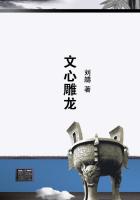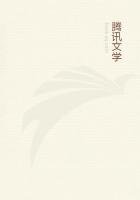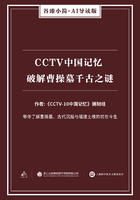John Stuart Mill's Life
I.Childhood
When James Mill died,the spirit of his followers was entering upon a new phase.A certain chill was creeping over the confidence of previous years.The Reform Bill had been hailed as inaugurating a new era;the Utilitarians thought that they had made a solid lodgment in the fortress,and looked forwards to complete occupation.The world was going their way;their doctrines were triumphing;and if those who accepted their conclusions claimed the credit of originating the movement,the true faith was advancing.Triumph by other hands should be a sufficient reward for preachers who preferred solid success to personal glory.Opinions long regarded with horror might now be openly avowed,and might be expected to spread when the incubus of the old repressive system was removed.The position,to compare small things with great,resembled that in which Protestantism seemed to be definitely triumphing over the Papacy;and,as in that case,the latent strength of the old order was as yet underestimated.The party which had been so hopeful when bound together by external pressure seemed to lose its energy at the moment of its greatest triumph;its disciples became languid;its cherished plans were rejected or emasculated;and many of the little band of enthusiasts abandoned or materially modified their doctrine.The change,indeed,meant that many of the principles for which they contended had won general acceptance;but,for that reason,they had no longer a common war cry.The consequences are illustrated in the career of John Stuart Mill,who succeeded to the leadership of the sect.In certain respects,as we shall see,Mill's great aim was to soften and qualify the teaching of his predecessors.At the same time he adhered,even more strictly than he was himself conscious of adhering,to their fundamental tenets;and as a philosopher he gained in the later years of his life a far wider authority than had ever been exercised by his predecessors.The early disciples of Bentham and of James Mill were few,and felt even painfully their isolation.
But in his later years John Stuart Mill had emerged.He had become the most prominent of English thinkers;the political liberals referred to him as the soundest expounder of their principles;and even in the English universities,the strongholds in his youth of all ancient prejudices,he had probably more followers than any other teacher.In the following chapters Imust trace the history of the intellectual change.I begin by considering Mill's personal history.No complete biography has appeared,nor were the external events of his career of special interest.Mill,however,left an autobiography which was intended to supply what is of most importance for us,the history of his intellectual and moral development.In that respect the book is eminently deserving of study.I must indicate what appear to me to be the most important of the influences there described.
John Stuart Mill,born 20th May 1806,was twenty-six at the death of Bentham and thirty at the death of his father.He was therefore old enough to be deeply affected by their personal influence;and his precocity had made the relation to his elders far more intimate than is often possible.James Mill and Bentham looked upon him from early years as their spiritual heir.In 1812his father writes to Bentham:(2)'Should I die,'says James Mill,'one thought that would pinch me most sorely'would be leaving the poor boy's 'mind unmade.'Therefore,'I take your offer quite seriously'--an offer apparently to be John's guardian --'and then we may perhaps leave him a successor worthy of both of us.'John lived till his manhood almost exclusively in their little circle;and no child was ever more elaborately and strenuously indoctrinated with the views of a sect.Had James Mill adhered to his early creed his son would probably have become a fit subject for one of those edifying tracts which deal with infantile conversions.From the earliest dawn of intellect until the age of fourteen he was the subject of one of the most singular educational experiments on record.
He gives in his Autobiography an account of his course of study.(3)His memory did not go back to the time at which he began Greek;but he was told that he was then three years old.By his eighth year (1814)he had read all Herodotus,Xenophon's Cyropia and Memorabilia,part of Lucian,and six dialogues of Plato,including the Theetus,which,he,ventures to think,'might have been better omitted,as it,was totally impossible that he could understand it.'In the next three years he had read Homer,Thucydides,parts of the plays of Sophocles,Euripides,and Aristophanes,Demosthenes,chines.and Lysias,Theocritus,Anacreon,and the Anthology,and (in 1817)Aristotle's Rhetoric,the first,scientific treatise on any moral or psychological subject,which he carefully analysed and tabulated.He did not begin Latin till his eighth year,when he read Cornelius Nepos and Car's Commentaries.By his twelfth year he had read much of Virgil,Horace,Livy,Sallust,Ovid's Metamorphoses,Terence,Lucretius,and a great deal of Cicero.He had learned a little arithmetic by his eighth year,and had afterwards gone on to conic actions and trigonometry,and had begun the differential calculus.His father's ignorance of the higher mathematics left him to struggle by himself with the difficulties of his later studies;but he was far in advance of most boys of his age.He read,too,some books upon the experimental sciences,especially chemistry,but had no opportunity of seeing actual experiments.

